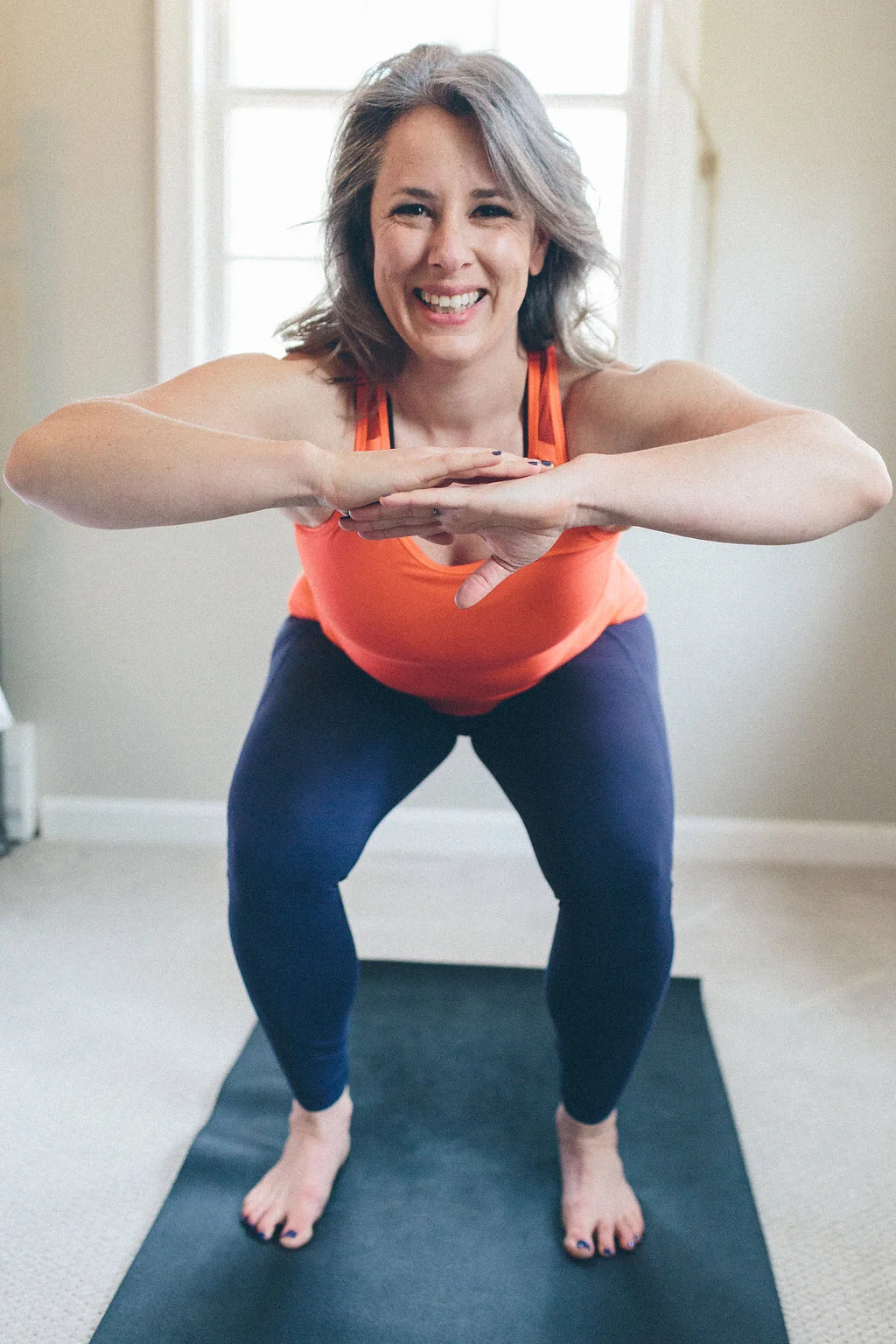Exercise is good for autoimmune disease, fibromyalgia, and other types of chronic pain
People who live with Autoimmune Disease, Fibromyalgia, Lyme, and other chronic pain disorders often hear the same thing from their doctors. “Go exercise, it’s good for you!” And doctors are right- exercise has been proven to help reduce the symptoms of autoimmune, fibromyalgia and chronic pain.
Exercise can help in so many ways, including:
1. A reduction of physical pain:
Those of us living with autoimmune and chronic disease often experience physical pain- body aches, soreness, extreme tenderness. It can feel like it hurts to just move. Well, perhaps counter-intuitively, the most important thing we can do to reduce that pain is to actual move our bodies. You see, as we limit movement by sitting all day, we suffer from multiple issues. Our muscles get used to not working, so they get stiff, and with stiffness, comes pain. Exercise keeps the muscles warm and moving, and a proper stretching and foam rolling routine keeps them healthy. Exercise also increases bone density, and helps maintain proper posture, which is important as we age. And joint mobility! Believe it or not, studies have shown that exercise can improve joint mobility even in people who live with rheumatoid arthritis.
2. An increase in cognitive function and brain clarity:
Brain fog is a side effect of autoimmune, fibromyalgia and lyme. It feels like we can't think clearly, like our brains are all scrambled. Exercise helps reduce the effects of brain fog, while increasing short and long term brain health and memory retention.
3. Helps to control the experience of anxiety and depression:
Autoimmune disease and chronic pain disorders have a high correlation with anxiety and depression. Exercise reduces anxiety and depression, making it easier for us to function happily in our daily lives.
4. Has a positive impact on hormone regulation:
This matters in so many ways. For women, it can help regulate their menstrual cycles. Exercise can help the body regulate insulin- your blood sugar hormone- as well as cortisol- the stress hormone. This can lead to weight loss, and although I don't emphasize exercise specifically for weight control, it can help. It helps improve sex drive as well (wink wink).
5. Improves sleep:
Exercise can improve your ability to fall asleep, stay asleep longer and get better sleep quality.
And all of these benefits have trickle down effects! Better heart health, improved energy levels, decrease food cravings, and most importantly, increased self-confidence.
So, now that you know this, why WOULDN'T you exercise? I mean, really- exercise is better than any pill you could take.
HOWEVER- it is of critical importance to exercise in a way that strengthens your body, without putting too much stress on your system. Because if you work too hard, you could actually cause an exercise induced symptom flare-up.
People who live with autoimmune disease and other chronic illness are intimately connected with the concept of a flare-up. We have all been there, right? When you have been feeling ok, and then all of a sudden you feel awful? That awful feeling is a flare-up.
Flare-ups look a little different for each person, depending on the individual disease (for example, a Crohn’s flare-up has some symptoms that are different from a Hashimotos flare-up) but generally, they look like this: exhaustion, muscle aches, painful body that is tender to the touch, lack of ability to function normally, along with heightened anxiety, depression and/or sadness.
Flare-ups can be caused by a wide variety of factors that can range from the change in seasons, to eating certain foods. Basically, anything that puts stress on the body can cause a symptom flare up. Stress has been well documented as a trigger of an autoimmune disease symptom flare-up. And while there is a growing amount of research linking exercise directly to the experience of an autoimmune flare, the connection is obvious.
Exercise IS stress on the body. That is the goal of exercise- to put the body under stress, so the body can adapt to the stress. In this adaptation, change happens- our muscles get stronger, our heart and lungs work more easily and efficiently, our body is better able to regulate hormones, and on and on. All of these adaptations are wonderful- these are the things our doctors want us to experience, to increase our healthfulness. It is critically important that we exercise to make our bodies healthy, but we need to exercise safely, in a way that protects our bodies from the stress of exercise, and ultimately, protects us from the dangers of exercise induced symptom flare-ups.
We need to exercise differently because our bodies react to exercise differently. I designed the first exercise program designed specifically for people with autoimmune, fibromyalga and other types of chronic pain.
Autoimmune Strong is the first exercise program of it’s kind that helps you reap all the amazing the benefits of exercise without putting your body at risk of an exercise induced symptom flare-up.
In fact, this program was designed by me, a personal trainor, when I was dealing with my own autoimmune health problems. I used it to regain my own strength, and now, hundreds of others have used it too, with great success.
Experience the benefits of exercise designed specifically to reduce the risk of exercise induced symptom flare-up.
Sign up here to receive your FREE Autoimmune Strong Video Workshop Series!
This video workshop series teaches you everything you need about how to exercise when living with chronic pain, with topics like:
- Why exercise hasn’t worked for you in the past
- Why your body needs to exercise differently
- And how to exercise safely and protect your body from autoimmune flare-up




